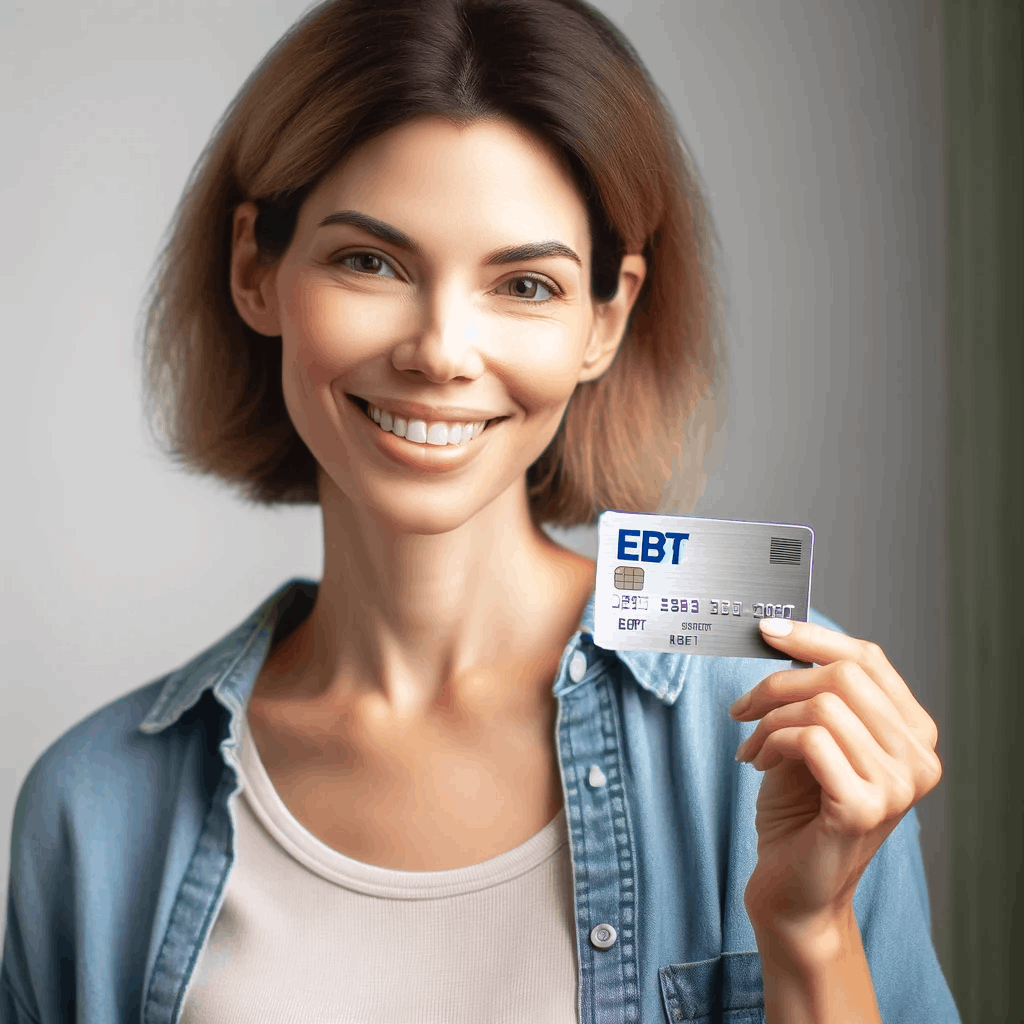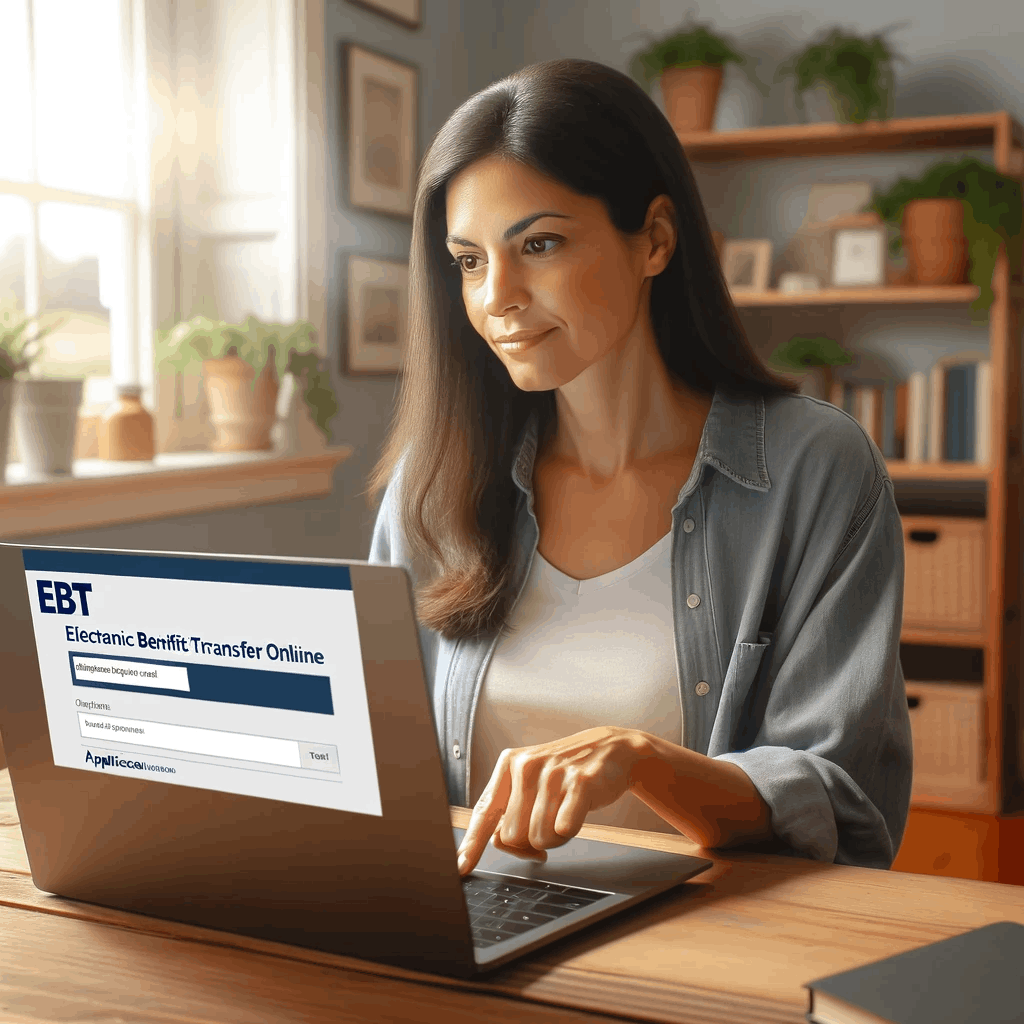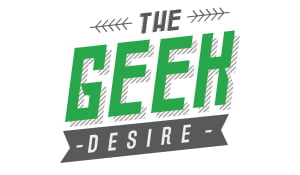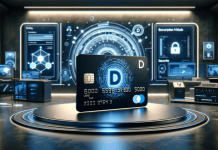Are you looking for a way to secure essential financial assistance, particularly when ensuring access to food and nutrition? If so, you're in the right place.
Welcome to our guide on EBT Card Benefits – where we'll explore the eligibility, benefits, and application process for this vital support program.

What is an EBT Card?
EBT (Electronic Benefit Transfer) cards are government-issued electronic payment cards designed to assist eligible individuals and families financially.
These cards enable recipients to access and use benefits, such as food stamps or cash assistance, at authorized retail locations, offering a convenient and secure way to receive essential aid.
Eligibility Criteria
Before applying for an EBT card, it's crucial to understand the eligibility criteria. Here are the essential requirements:
- Income Level: Applicants typically need a household income below a specified threshold.
- Citizenship Status: U.S. citizenship or legal immigrant status is often required.
- State Residency: You must be a resident of the state where you apply.
- Family Size: The size of your household will affect eligibility.
- Work Requirements: Some programs may have work or work-related requirements.
- Asset Limits: Certain assets may impact your eligibility.
- Social Security Number: A valid Social Security Number is usually necessary.
Meeting these criteria is essential to qualify for an EBT card and the associated benefits.
Benefits of EBT Cards
EBT cards offer a range of benefits to eligible recipients, providing crucial financial assistance. Here are the key advantages of having an EBT card:
- Food Assistance: EBT cards are commonly used to purchase groceries, helping individuals and families access nutritious food.
- Nutritional Support: They promote better dietary choices, contributing to improved health and well-being.
- Economic Relief: EBT cards ease the financial burden of those facing economic hardships, offering a lifeline during tough times.
- Convenience: Electronic transactions make accessing benefits and purchases at authorized retailers easy.
- Dignity and Privacy: EBT cards offer a discreet way to receive assistance, reducing the stigma often associated with public aid programs.
- Stability: Consistent access to food and financial support provides stability and security to recipients.
These benefits make EBT cards a crucial resource for needy individuals and families.

How to Apply for an EBT Card
Applying for an EBT card is straightforward, but knowing the steps is essential. Here's a simple guide on how to apply for an EBT card:
- Contact Your Local Agency: Contact your state's Department of Social Services or equivalent agency to begin the application process.
- Gather Required Documents: Prepare necessary documentation, such as proof of identity, income, residency, and household size.
- Complete the Application: Fill out the EBT card application form, providing accurate and up-to-date information.
- Interview or Verification: Be prepared for an interview or verification process as your state's agency requires.
- Receive Your EBT Card: Once approved, your EBT card will be issued, allowing you to access benefits at authorized retailers.
- Set a Personal Identification Number (PIN): Create a secure PIN for your card, ensuring the safety of your benefits.
- Learn How to Use Your EBT Card: Familiarize yourself with where and how to use the card to access the benefits you qualify for.
- Renew or Recertify: Keep your EBT card active by following renewal or recertification requirements, typically periodically.
These steps will help you successfully apply for and use an EBT card.
Necessary Documents and Contact Information
To apply for an EBT card, having the necessary documents and knowing where to find the correct contact information is crucial. Here's what you need and where to reach out:
Necessary Documents:
- Proof of Identity: You'll typically need a government-issued ID, such as a driver's license, passport, or state ID card.
- Proof of Residency: Documents like utility bills, lease agreements, or a rental receipt can establish your current address.
- Proof of Income: This can include pay stubs, tax returns, or a letter from your employer.
- Social Security Number: Provide your valid Social Security Number or that of eligible household members.
- Proof of Household Size: Documents like birth certificates or school records can verify the number of people in your household.
- Immigration Status: If applicable, provide proof of your immigration status or eligible non-citizen status.
Contact Information:
- Local Department of Social Services: Contact your state's Department of Social Services or equivalent agency for EBT card application information.
- Website: Check your state's official website for online application forms and additional guidance.
- Phone: Contact the agency's phone hotline for inquiries and application assistance. The number can often be found on their website.
Having these documents ready and knowing where to contact your local agency will streamline the EBT card application process.
Frequently Asked Questions
Navigating the world of EBT (Electronic Benefit Transfer) cards can raise various questions. This concise guide offers straightforward answers to common queries about EBT cards, helping you understand their purpose and usage.
Where can I use my EBT card?
- You can use your EBT card at authorized retailers, including grocery stores and supermarkets, to purchase eligible food items and, in some cases, other essential goods.
How do I check my EBT card balance?
- You can check your EBT card balance by calling the customer service number on the back of your card or by logging into your state's EBT website.
Can I use my EBT card to buy non-food items?
- Generally, EBT cards are meant for purchasing food and food-related items. However, some states allow using EBT cards at certain retailers for specific non-food items like diapers or seeds for planting.
Is there an income limit for EBT eligibility?
- There is an income limit for EBT eligibility, which varies by state and household size. It's based on federal poverty guidelines.
Do I need to renew my EBT benefits?
- Yes, EBT benefits typically require periodic renewal or recertification. Your state's agency will provide information on the renewal process.
Is my EBT card linked to my bank account?
- No, EBT cards are not linked to your bank account. They are separate payment cards used exclusively for accessing government benefits.
Are EBT transactions private?
- Yes, EBT transactions are private, and your purchases are confidential. Retailers and other shoppers generally cannot see the items you purchase with your EBT card.
These answers provide clear and concise information about EBT cards, addressing common questions that individuals may have when considering or using these cards.
The Bottomline
In conclusion, EBT cards serve as a vital lifeline for those in need, offering essential financial assistance, access to nourishing food, and a sense of stability during challenging times.
If you qualify, don't hesitate to apply and take advantage of the support available to help you and your family thrive. Remember, assistance is just an application away from providing a brighter future.



